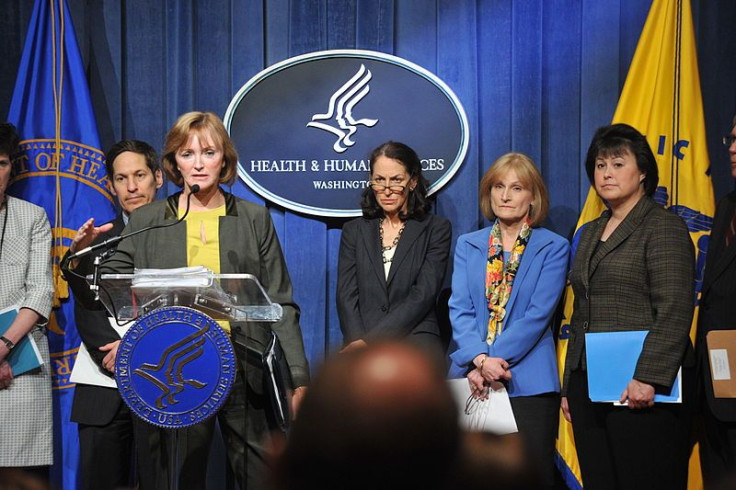Oregon Medicaid Study: Slender Results, Much Debated

Medicaid health insurance makes a positive difference in people's lives.
So said the original Oregon Medicaid study - the first of its kind in nearly four decades - that was published as a working paper by the National Bureau of Economic Research in 2011. This rare study came about when Oregon decided to expand its Medicaid program for nondisabled, low-income adults. Yet, the state could only afford to add 10,000 people. As a result, officials decided to hold a lottery, allowing only those who won to apply for coverage.
Yet the lottery system also provided researchers a rare opportunity to compare a population that was nearly identical in every way, which is known as a "randomized controlled trial," and was considered the gold standard in medical and scientific research. Once the randomly selected people enrolled in Medicaid, the researchers entered them into the study along with thousands of adults who lost the lottery and remained uninsured. The original study monitored people after being added to Oregon's Medicaid rolls and compared them to those who remained without healthcare coverage.
Today the researchers have published more extensive results from their data in the latest New England Journal of Medicine. The new study in most ways substantiate the earlier findings though its outlook is less sunny than the original's.
Similar to the original findings, the low-income people who gained Medicaid coverage used more health care services than those without. Financial pressure continued to be reduced as well; they had less trouble paying their bills than those not selected in the lottery. The recipients of Medicaid also saw significant improvements in mental health outcomes with rates of depression falling by 30 percent. Finally, Medicaid coverage increased the probability of a diagnosis of diabetes and the use of diabetes medication.
In one very essential way, however, the results disappointed healthcare policy makers. "We don't see any improvements in this window in hypertension, high cholesterol or diabetes," said Katherine Baicker, a health economist at the Harvard School of Public Health and one of the lead researchers on the project. In significant ways, then, the new Medicaid enrollees looked no different than those who applied but were not selected and who will soon find coverage under Obamacare.
To many observers, the Oregon Medicaid study simply suggests a need for more randomized controlled experiments so that we have the necessary information to shape future public policy.
Yet, to others, the study foreshadows a profound shift in privacy expectations regarding the most fundamental aspect of life - the body.
"The sharing of Americans' health information is set to explode in coming years, with millions of patients' medical records converted to electronic form and analyzed by health-care providers, insurers, regulators and researchers," wrote Melinda Beck in The Wall Street Journal.
Beck noted that public concerns over confidentiality issues accompanied by the new federal regulations that aim to give patients more control over their information will certainly pose technical and administrative problems for the doctors who have to implement them.
Published by Medicaldaily.com



























